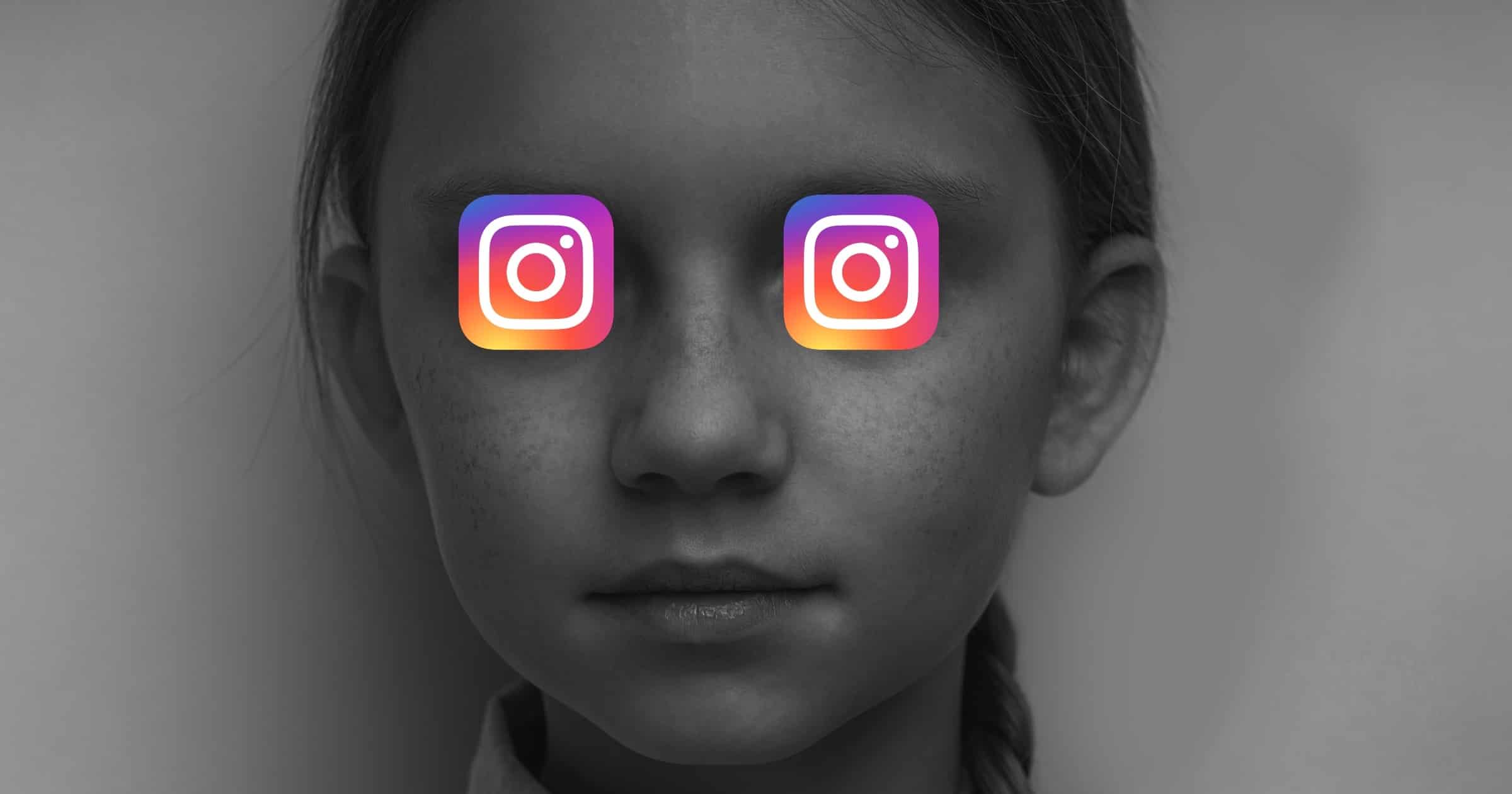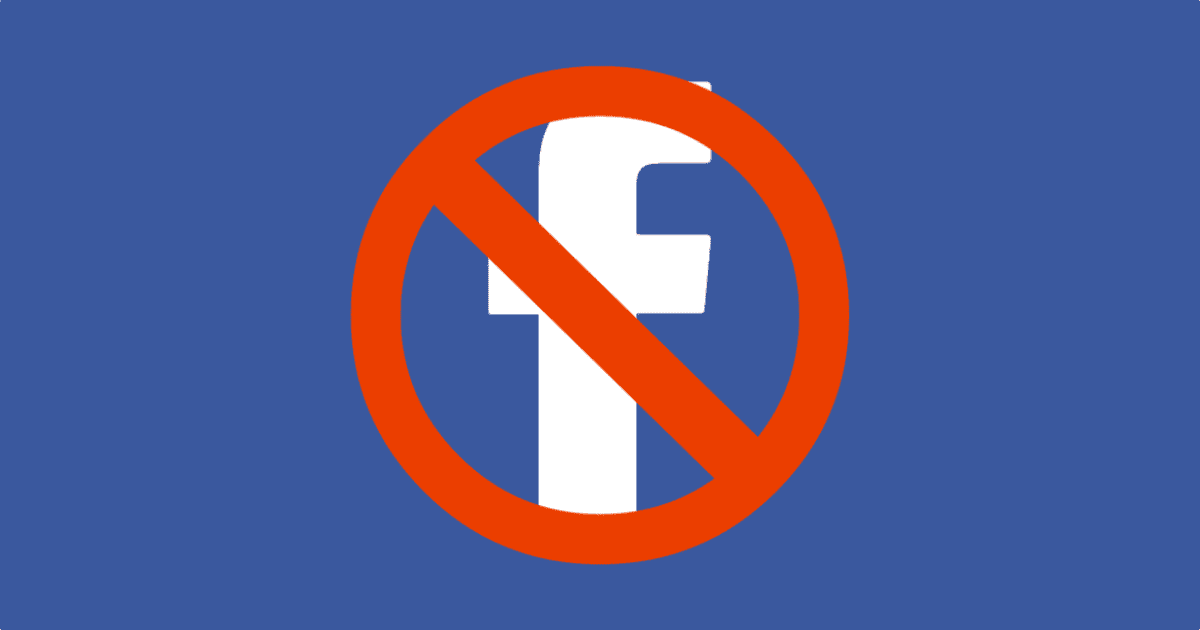Ireland’s data protection regulator DPC submitted a draft decision and sent it to other data protection authorities in the EU.
Facebook Takes on Apple Cash With New Split Payments in Messenger
Next week, Facebook will start to test Split Payments in Messenger as a bid to compete with the likes of Venmo and Apple Cash.
Facebook Requires More At-Risk Accounts to Use Two-Factor Authentication
Wired writes that Facebook will require at-risk accounts to secure with two-factor authentication, an important security measure for users.
Facebook Protect started as a pilot project in the United States ahead of the 2018 midterm elections and expanded leading up to the 2020 presidential election. Facebook enrolls some prominent public figures in the program automatically, but the company has also been creating mechanisms for people to nominate themselves for inclusion, like enrolling whole newsrooms. Once users join Facebook Protect, they can’t opt out.
UK Regulator Tells Meta to Sell Giphy, Social Media Giant May Appeal
Britain’s Competition and Markets Authority told Meta that it needs to sell GIPHY, but the company disagrees with the regulator’s findings.
Gizmodo Plans to Publish the Facebook Papers, Explaining the Decision
Partnering with experts from NYU, Mass Amherst, Columbia, Marquette, and the ACLU, Gizmodo is planning to publish the Facebook Papers. It would be the first media outlet to do so.
We believe there’s a strong public need in making as many of the documents public as possible, as quickly as possible. To that end, we’ve partnered with a small group of independent monitors, who are joining us to establish guidelines for an accountable review of the documents prior to publication. The mission is to minimize any costs to individuals’ privacy or the furtherance of other harms while ensuring the responsible disclosure of the greatest amount of information in the public interest.
I look forward to storing a copy of the archive.
Apple and Facebook Squaring Off – TMO Daily Observations 2021-11-15
Bryan Chaffin and Dave Hamilton join host Kelly Guimont to discuss how Apple and Facebook are headed for a new type of battle.
Get Ready For Apple vs Meta in the AR Headset Wars
Over the years, Facebook and Apple have become involved in an increasingly tense relationship, normally over issues of privacy. We’ve got used to snide comments about tracking and new privacy products. However, in the latest edition of his Power On newsletter, Bloomberg News‘s Mark Gurman suggests we may not have seen anything yet. The fight over the AR headset space is set to be the real battleground, as Apple and the newly rebranded Meta go head-to-head in the hardware space for really the first time.
Meta has shipped headsets for several years, but 2022 is when the market is set to heat up, both in terms of hardware capabilities and competition. Last month, Meta previewed Project Cambria, its first true mixed reality headset. To date, Meta’s headsets have focused on virtual reality, enveloping users completely in the digital world. That compares with augmented reality glasses, which overlay digital information on top of the real world. The Cambria headset mixes both, adding full-color AR overlay abilities to VR. The Cambria headset also has far more advanced processors, sensors and lenses compared with previous Meta devices. That brings us to Apple, which plans to launch a similarly high-end mixed reality headset next year, perhaps within a few months of the Meta device. Apple’s offering will probably be in the $2,000 range, whereas I expect Meta’s to be quite a bit cheaper. Still, the two products will be direct challengers for users looking to jump into the metaverse.
Report Shows Instagram Getting Ready to Launch Subscription
App analytics platforms Sensor Tower and Apptopia show that Instagram is preparing to launch a subscription service.
Both Sensor Tower and Apptopia track the mobile app ecosystem, which includes monitoring chart movements, app engagement and gathering app marketing intelligence data, among other things. But they also track the other less noticeable changes that apps tend to make — like rewriting their App Store descriptions, swapping out their screenshots, or — as in this case — adding new in-app purchases to their App Store listings.
Investor Roger McNamee Calls for Imprisoning Executives for Criminal Charges
Roger McNamee is calling for criminal probes into Facebook and imprisonment for executives. Specially, he believes investigations into six areas should happen, such as:
The US Securities and Exchange Commission should look at Facebook’s failure to disclose information about its business. Facebook allowed human trafficking on its platform and was “paid to enable it to happen.” Facebook’s management was “complicit” in the “Stop the Steal” campaign which led to the January 6 insurrection on Capitol Hill.
Fake Job Ads, ID Stealing Quizzes – TMO Daily Observations 2021-11-03
Jeff Butts and Andrew Orr join host Kelly Guimont to discuss quizzes and job ads that are definitely too good to be true.
Facebook Moves to Cancel its Facial Recognition System
Facebook announced it will cancel its facial recognition system responsible for cataloging its billion-strong user base.
Our technology will no longer automatically recognize if people’s faces appear in Memories, photos or videos. People will no longer be able to turn on face recognition for suggested tagging or see a suggested tag with their name in photos and videos they may appear in. We’ll still encourage people to tag posts manually, to help you and your friends know who is in a photo or video. This change will also impact Automatic Alt Text (AAT), a technology used to create image descriptions for people who are blind or visually impaired. AAT currently identifies people in about 4% of photos.
The above quote is probably the only useful part of the self-congratulatory update.
Facebook's New Name is...Meta
Facebook founder Mark Zuckerberg announced at the Connect event on Thursday that his company is changing its name to Meta.
Facebook Adds AR Effects to Messenger Video Calls
On Thursday Facebook announced Group Effects in video calls for Messenger. These are augmented reality effects.
Facebook is Going to Change Its Name Next Week
Facebook is going to change its name next week, The Verge reported. It’s not going to be re-adding a ‘The’ but rebrand in order to reflect Mark Zuckerberg’s vision of a ‘metaverse’.
A rebrand could also serve to further separate the futuristic work Zuckerberg is focused on from the intense scrutiny Facebook is currently under for the way its social platform operates today. A former employee turned whistleblower, Frances Haugen, recently leaked a trove of damning internal documents to The Wall Street Journal and testified about them before Congress. Antitrust regulators in the US and elsewhere are trying to break the company up, and public trust in how Facebook does business is falling.
Facebook's Secret Blacklist of Dangerous Entities has Been Published
As part of its Dangerous Individuals and Organizations (DIO) policy, Facebook keeps a blacklist of entities banned from its platforms.
Facebook Adds Audio Tab to its App for Podcasts and More
The company also says its Clubhouse rival, Live Audio Rooms, are rolling out to public figures and creators outside of the U.S.
Facebook Perma-Bans Developer of 'Unfollow Everything' Tool
The developer behind a browser extension called Unfollow Everything says he was permanently banned from Facebook.
Instagram Abandons IGTV Branding, Says App is No Longer About Photo Sharing
In June, Instagram head Adam Mosseri said the app was no longer a photo-sharing app. The Facebook-owned platform is dropping IGTV in favor of “Instagram Video.”
The IGTV app, however, isn’t going away. Instagram tells us it will now be rebranded as “Instagram Video” and will host the “Instagram Video” formatted content, along with Instagram Live videos. But it will not host Reels videos.
With today’s update, users will still be able to upload their non-Reels videos in the same way as before — by clicking on the plus sign (+) in the top-right corner of the Instagram home page and selecting “Post.” Videos can be up to 60 minutes in length.
Facebook Is For Sale, It Appears [Updated, It Isn't]
First, Facebook and its associated platforms went down. Now, Facebook is for sale, it would appear from a domain name search.
Facebook, Instagram, and WhatsApp All Down [Updated]
Facebook and other services that it owns – Instagram and WhatsApp were down for users around the world on Monday.
Worry Not, Facebook Has Paused 'Instagram Kids'...For Now
In light of an investigation from the Wall Street Journal, the company announced it will pause its project to create Instagram Kids.
Mozilla Adds Facebook Messenger, Houseparty, and WeChat to 'Privacy Not Included' Guide
In a review of the privacy features of 21 popular video call apps, Mozilla said Apple’s FaceTime is safe, while WeChat, Houseparty, and Facebook Messenger are not.
Says Jen Caltrider, *Privacy Not Included Lead at Mozilla: Video call apps are now a routine part of millions of people’s lives. And even when the pandemic recedes, that won’t change. In this new world, people deserve to know if the apps they’re using everyday respect their privacy — or if they’re snooping on them. While video call apps may feel more intimate than social media platforms, there’s still a ton of data being collected, stored, and shared. For that reason, users should assume that anything they say on a video call app could be made public.
Apple Once Threatened to Remove Facebook From App Store Over Human Trafficking
On Friday a report claims that Apple once threatened to remove Facebook from the App Store in 2019. The cause was human trafficking. (Original, paywalled report here).
The BBC published a sweeping undercover investigation of the practice, prompting Apple to threaten to remove Facebook from its store, the paper said.
An internal memo found that Facebook was aware of the practice even before then: A Facebook researcher wrote in a report dated 2019, “was this issue known to Facebook before BBC inquiry and Apple escalation?,” per the Journal.
Do the right thing, Apple: Remove Facebook.

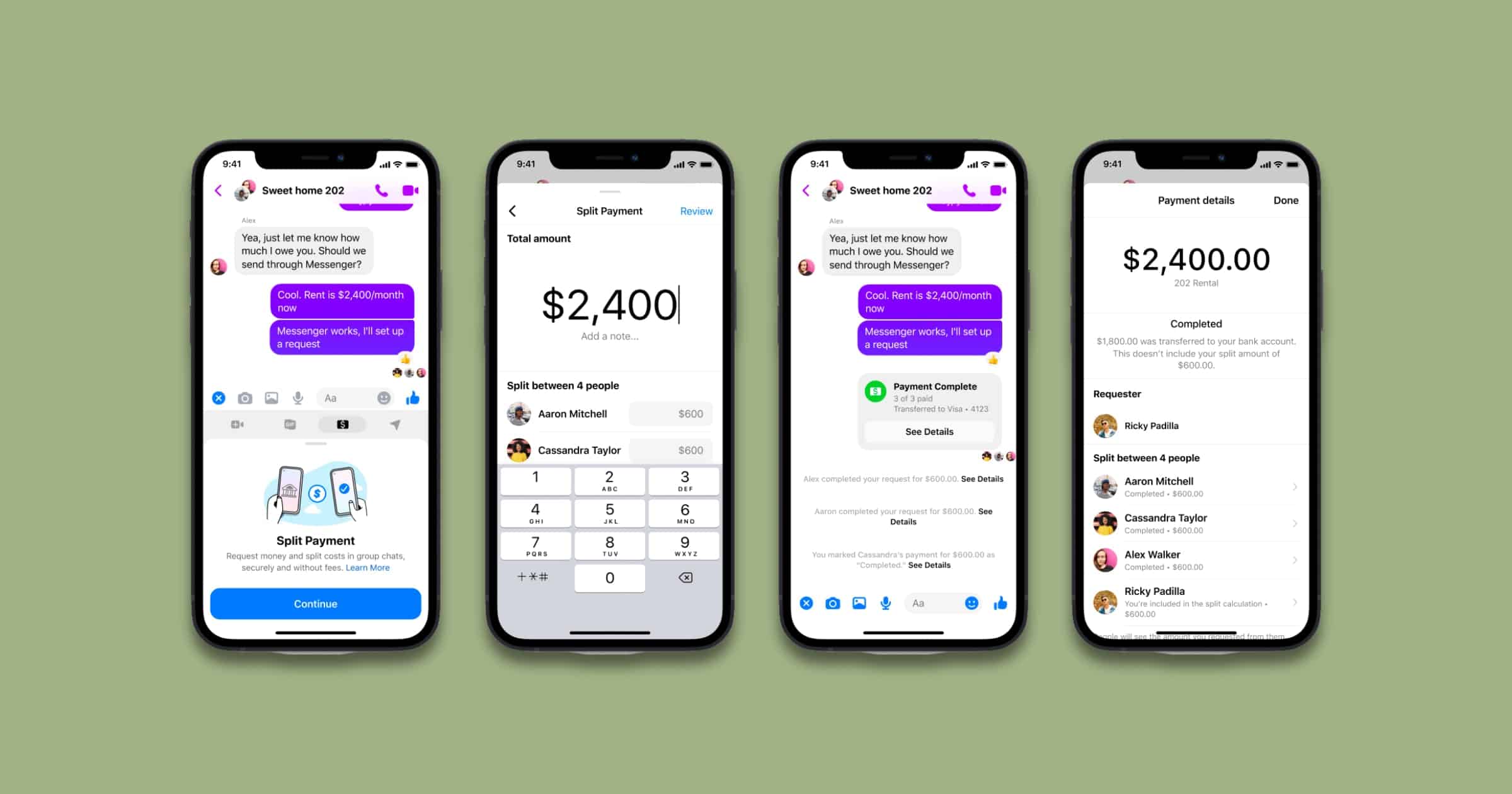

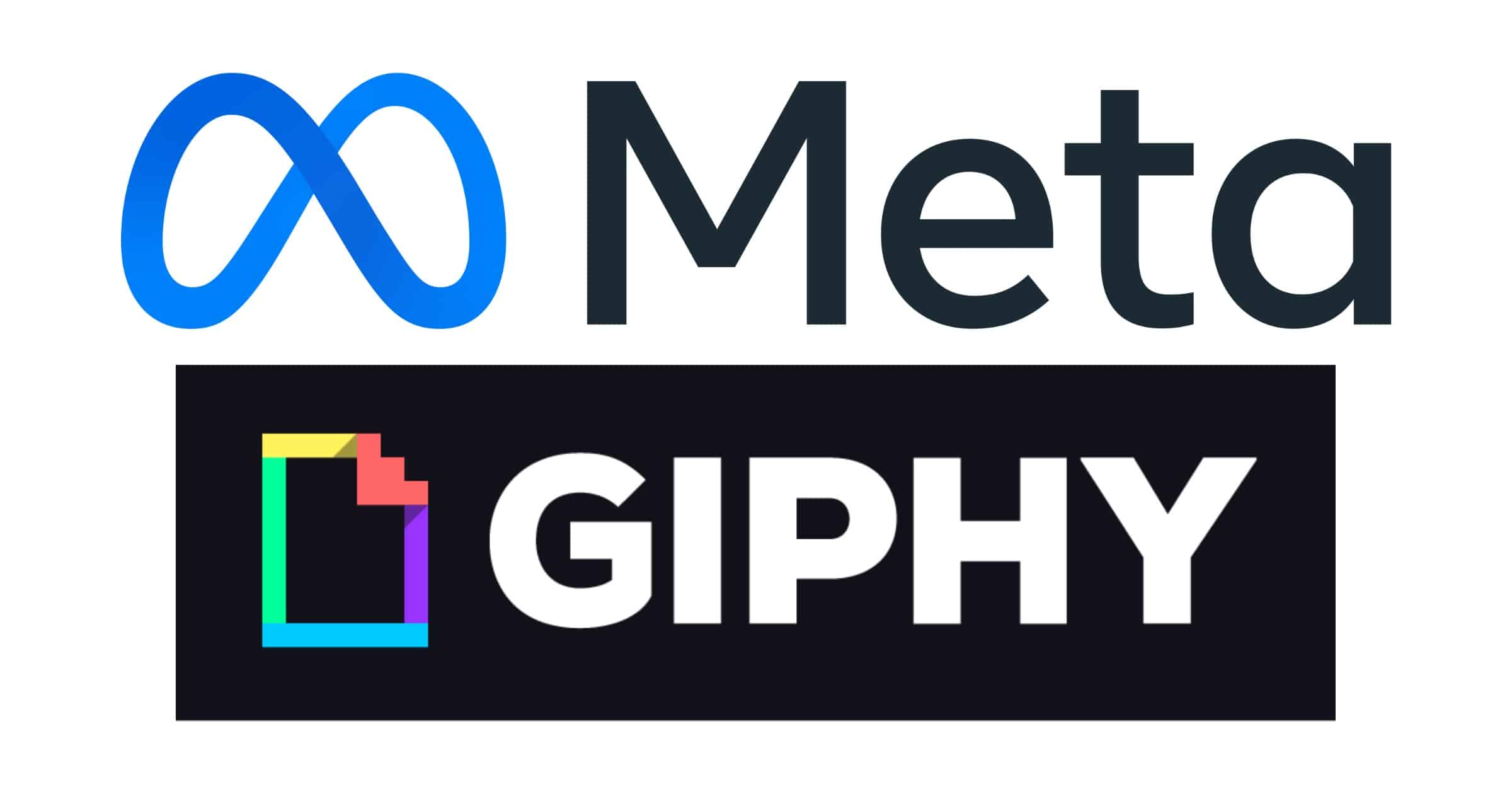


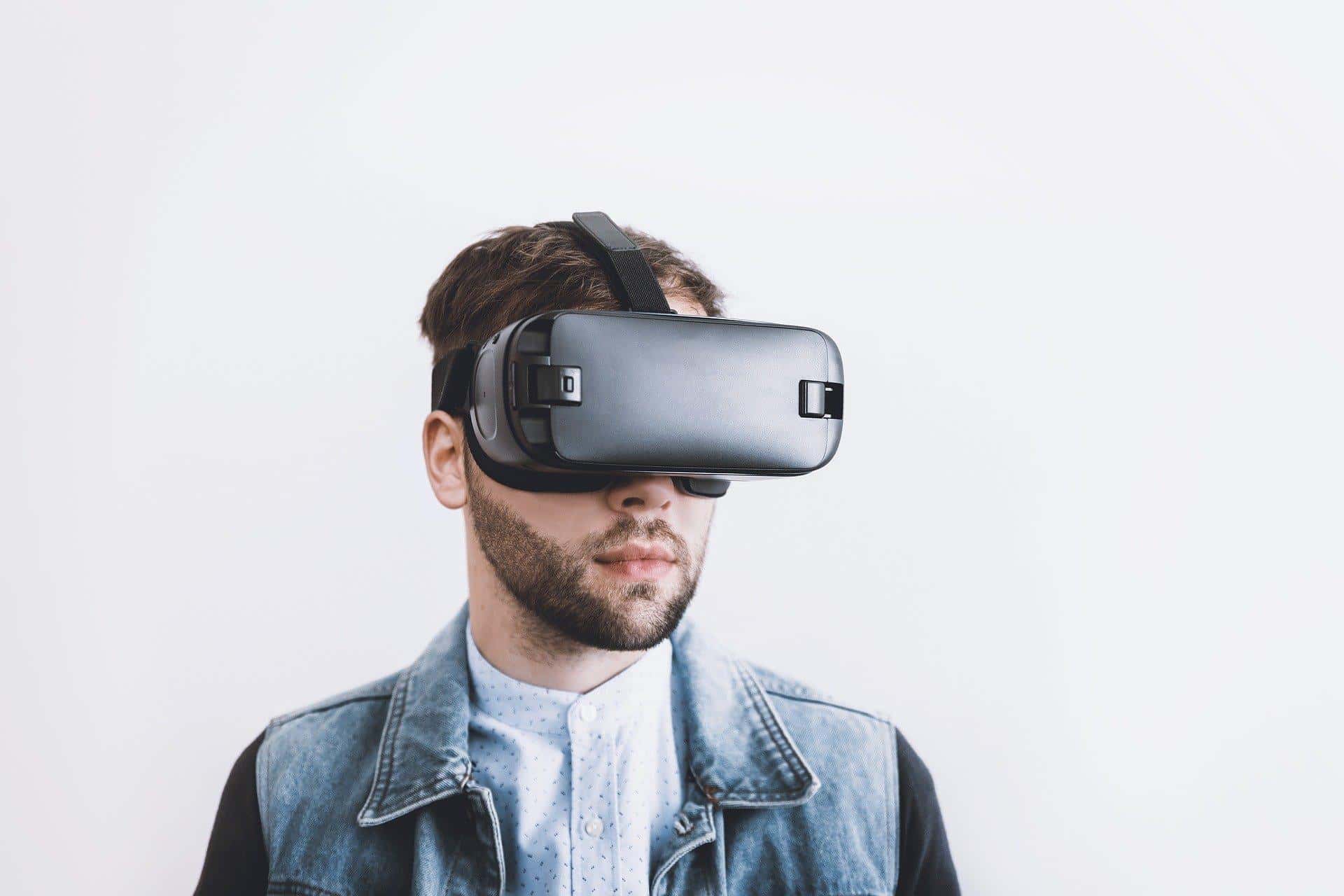



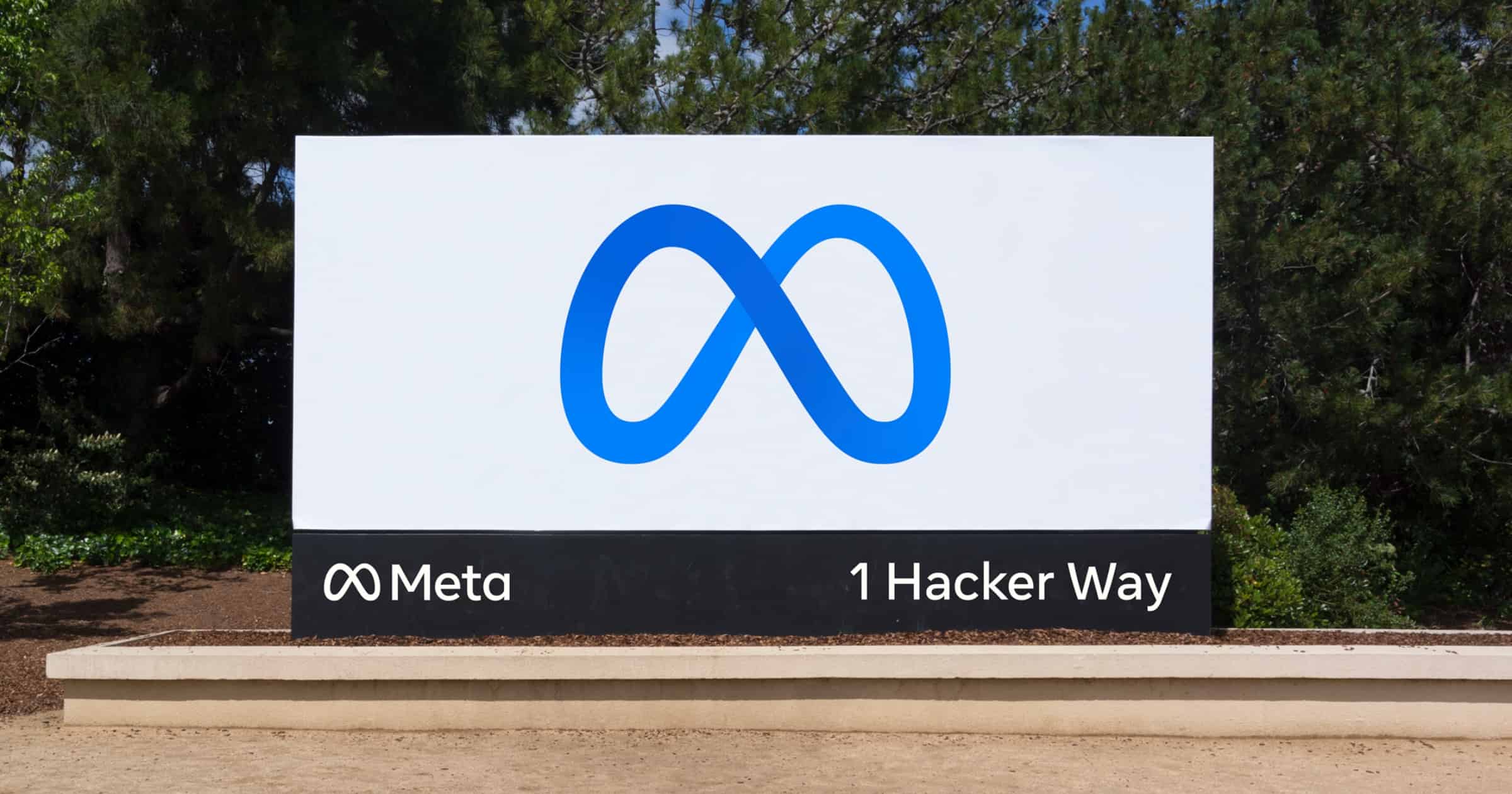
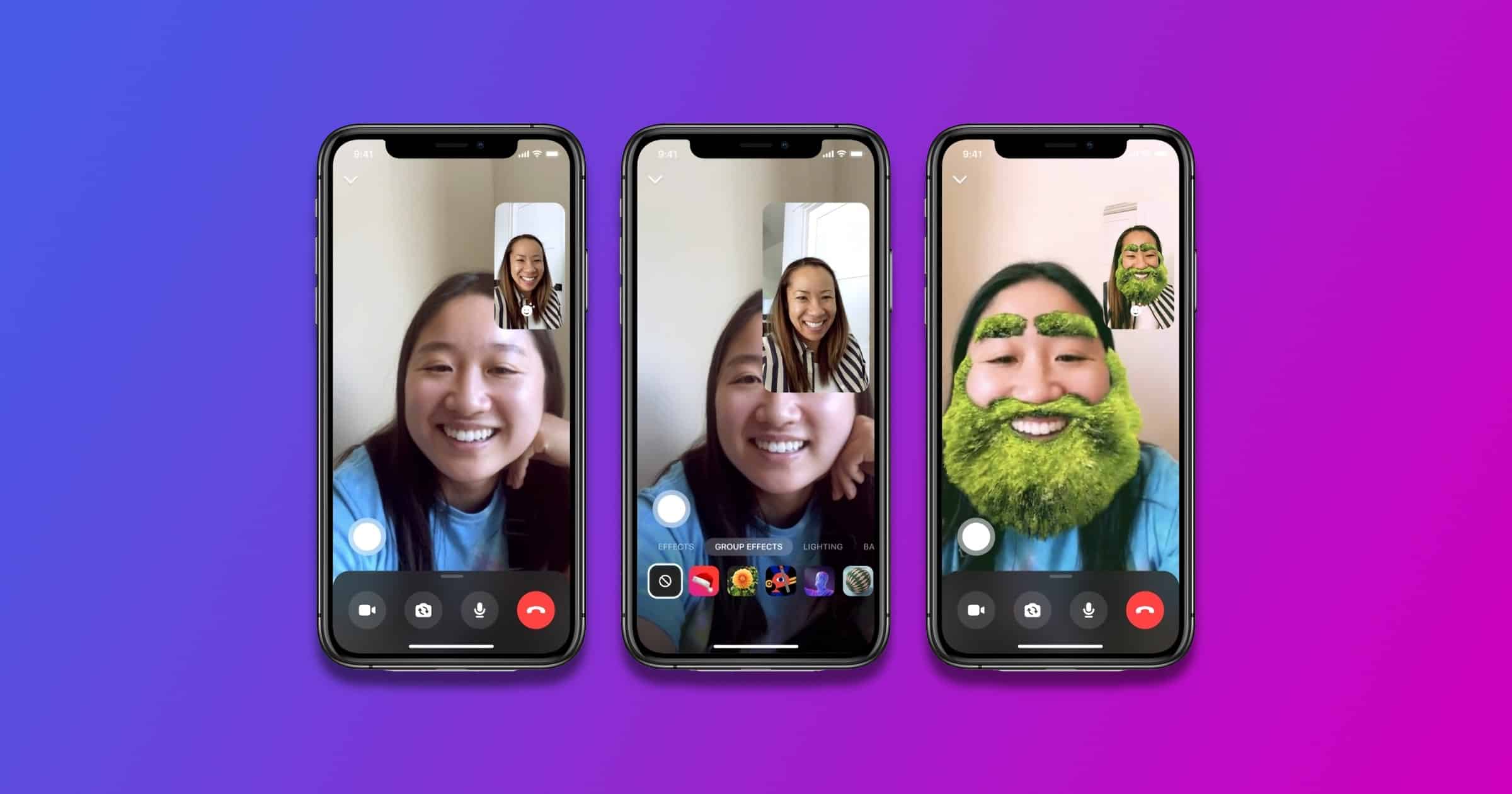


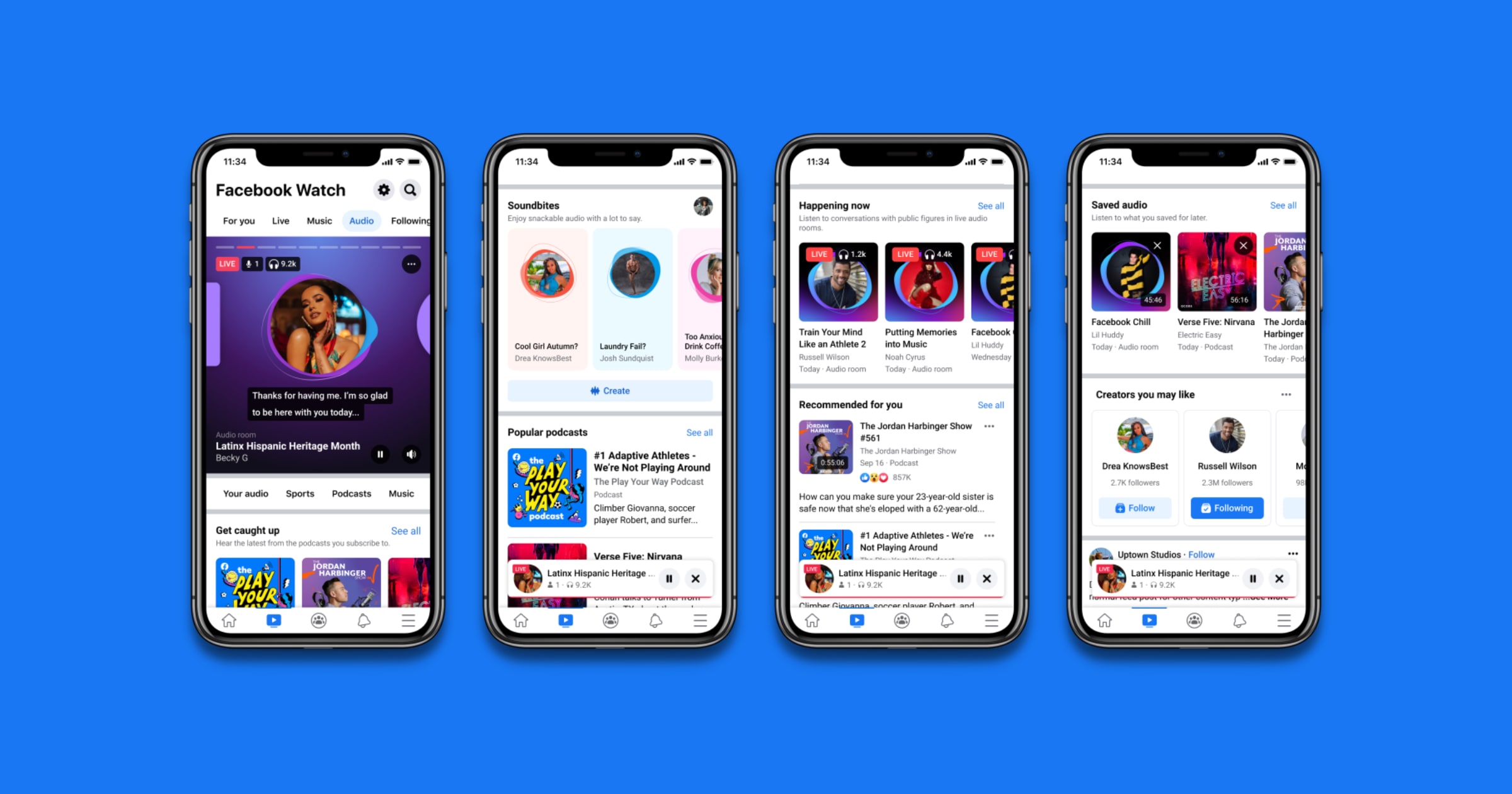

![Facebook Is For Sale, It Appears [Updated, It Isn’t]](https://www.macobserver.com/wp-content/uploads/2018/08/facebook-money-pile.jpg)
![Facebook, Instagram, and WhatsApp All Down [Updated]](https://www.macobserver.com/wp-content/uploads/2019/05/workfeatured-Facebook-new.jpg)
